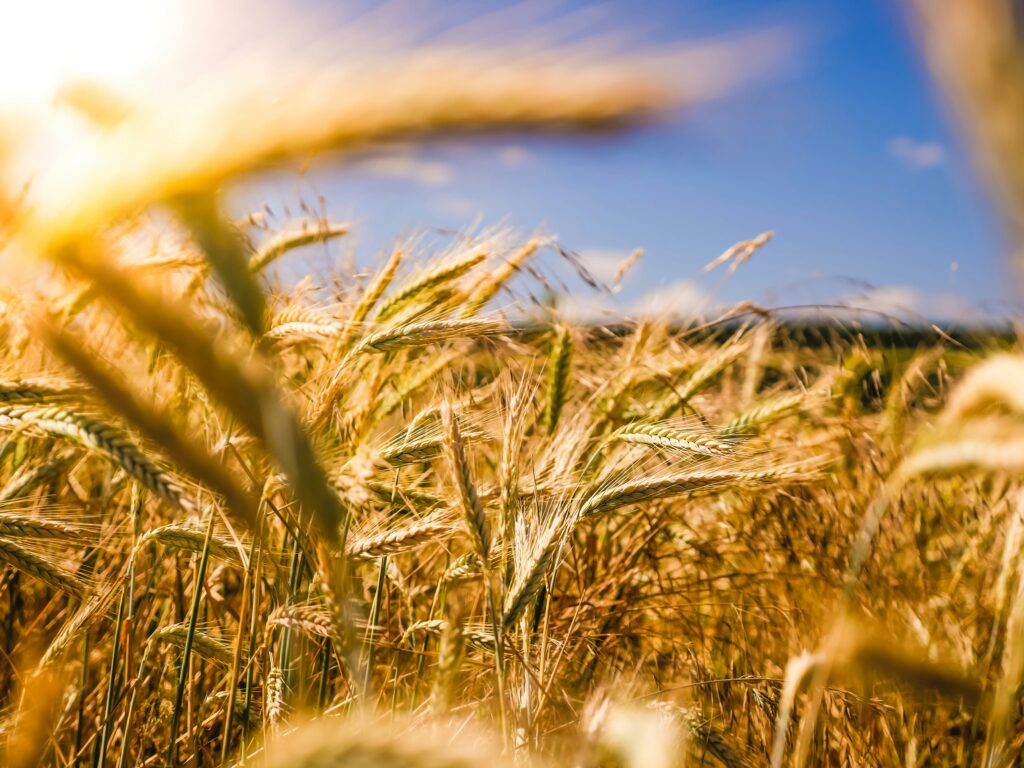European Commission agri-food strategy: The European Commission has announced a new plan for Europe’s agri-food sector. This plan comes after many farmers protested against the earlier environmental rules. The Commission’s updated strategy focuses on making farming easier and more profitable, instead of increasing sustainability targets. This marks a big change from the previous Farm to Fork plan, which was part of the European Green Deal.
Why the Shift?
Farmers’ protests led to the Commission rethinking its approach. The Farm to Fork plan aimed to cut pesticide use by 50% by 2030. But many farmers found this goal difficult to achieve. It caused division in the agricultural sector. Agriculture Commissioner Christophe Hansen admitted that the original plan was tough to carry out. “We are pursuing necessary reductions in a different way,” he said.
The Commission realized that the farming community needed more support. The goal now is to improve farmers’ incomes and working conditions. They want to make farming more attractive to future generations.
What’s in the New Plan? – European Commission agri-food strategy
The revised plan focuses on making things simpler for farmers. It aims to help farmers earn a fair living and improve the competitiveness of European farming. The main goal is to make farming easier and more profitable for everyone involved.
A key part of the plan is the Common Agricultural Policy (CAP). CAP is the EU’s biggest farming subsidy program. It uses about one-third of the EU’s budget. The Commission plans to adjust the rules to make CAP more helpful to farmers.
Fewer Major Changes to CAP
The new plan doesn’t bring major changes to CAP. Instead, it brings back some ideas that were not put into action before. One idea is to cap subsidies for large farms and give more support to smaller ones. Some argue that CAP helps big farms more than small ones. The Commission will continue the direct payment system, which makes up 75% of CAP funding. However, they will not change this system much, even though it has been criticized.
The new plan also focuses on food security. It aims to make Europe less dependent on other countries for essential food products. The plan wants to make sure that farmers who help with food security get enough support.
Supporting Farmer Income for European Commission agri-food strategy
A top priority in the new plan is improving farmers’ incomes. Many farmers in Europe face financial challenges. The Commission will introduce a plan later this year to help young farmers. This will give them better access to land, money, and training. The hope is that this will help ensure a strong future for farming.
In addition, the Commission plans to help farmers negotiate better prices with big retailers. Farmers have often been forced to sell their products at low prices. New laws will help stop this from happening. The goal is to protect farmers from unfair deals.
Trade and Sustainability
The Commission also wants to improve trade. It plans to help farmers sell their products in more markets. The strategy will make sure imported goods meet European standards. For example, it will increase checks on pesticides in food brought into Europe. This will help protect both farmers and consumers.
Though the new plan is less focused on strict environmental goals, it still aims to reduce pesticide use. However, the Commission will work with farmers to find new ways to do this without causing harm to their businesses.
The Future of European Farming
The European Commission’s revised strategy represents a change in direction for European agriculture. By focusing on simplicity and food security, the plan aims to strengthen the farming sector. The Commission hopes this new approach will bring stability and fairness to farming in Europe.
The new policy has faced criticism. Some believe it doesn’t do enough for the environment. But the Commission argues that balancing sustainability with farmers’ needs is key to the future. How the new plan is put into practice will decide its success. Farmers, environmentalists, and consumers alike will be watching closely.
For more updates on the Commission’s agri-food strategy and its impact on farming, visit New York Mirror.


